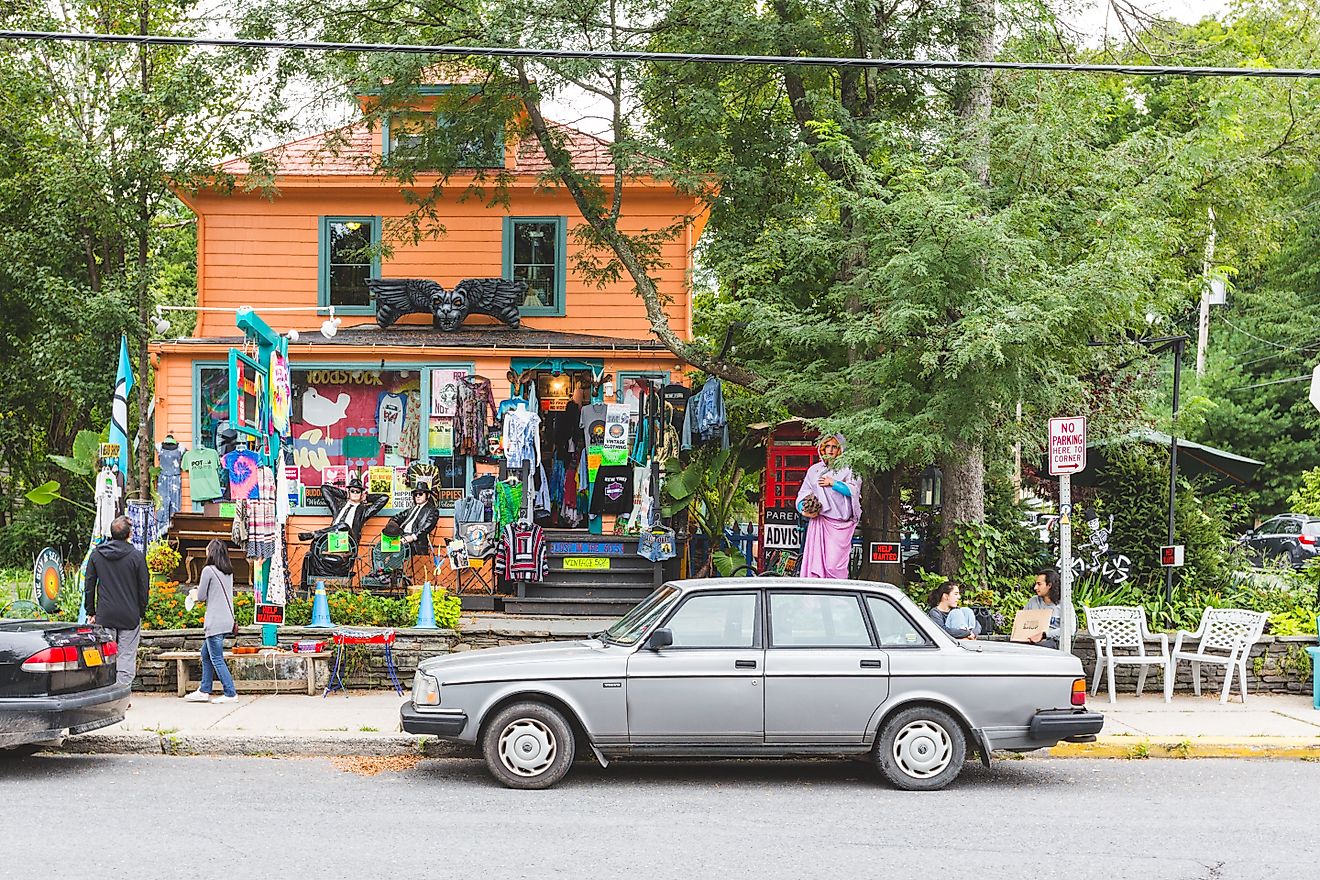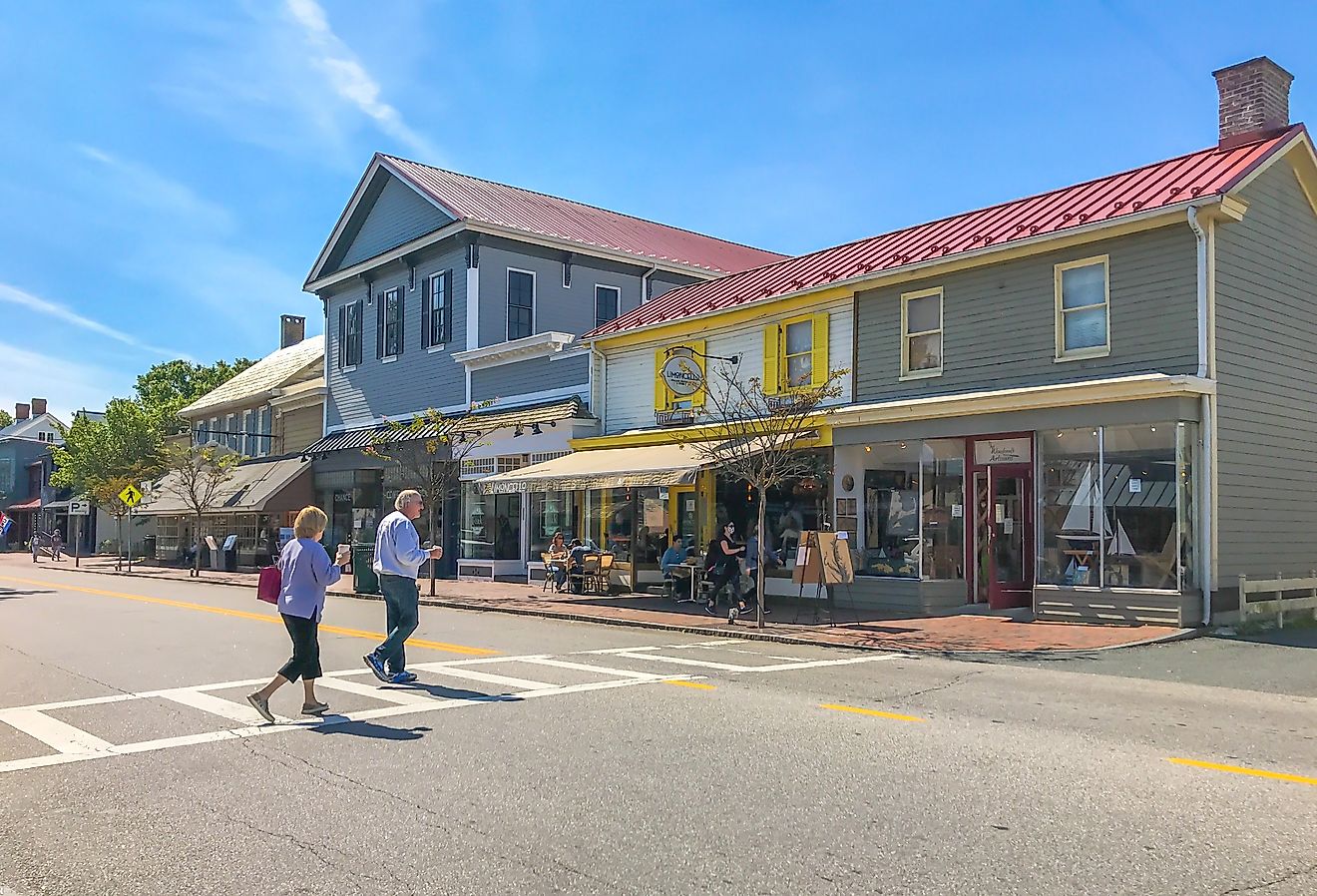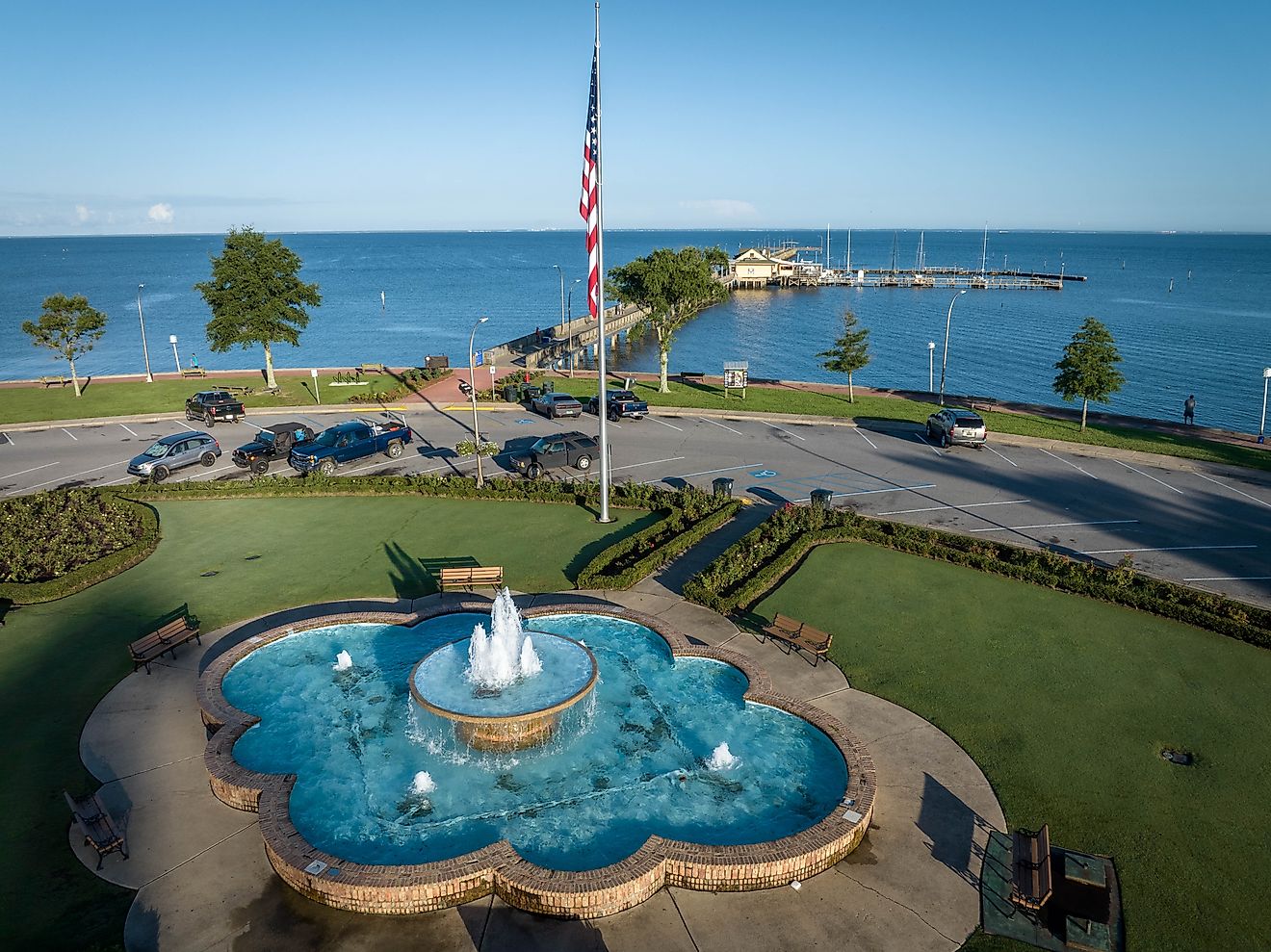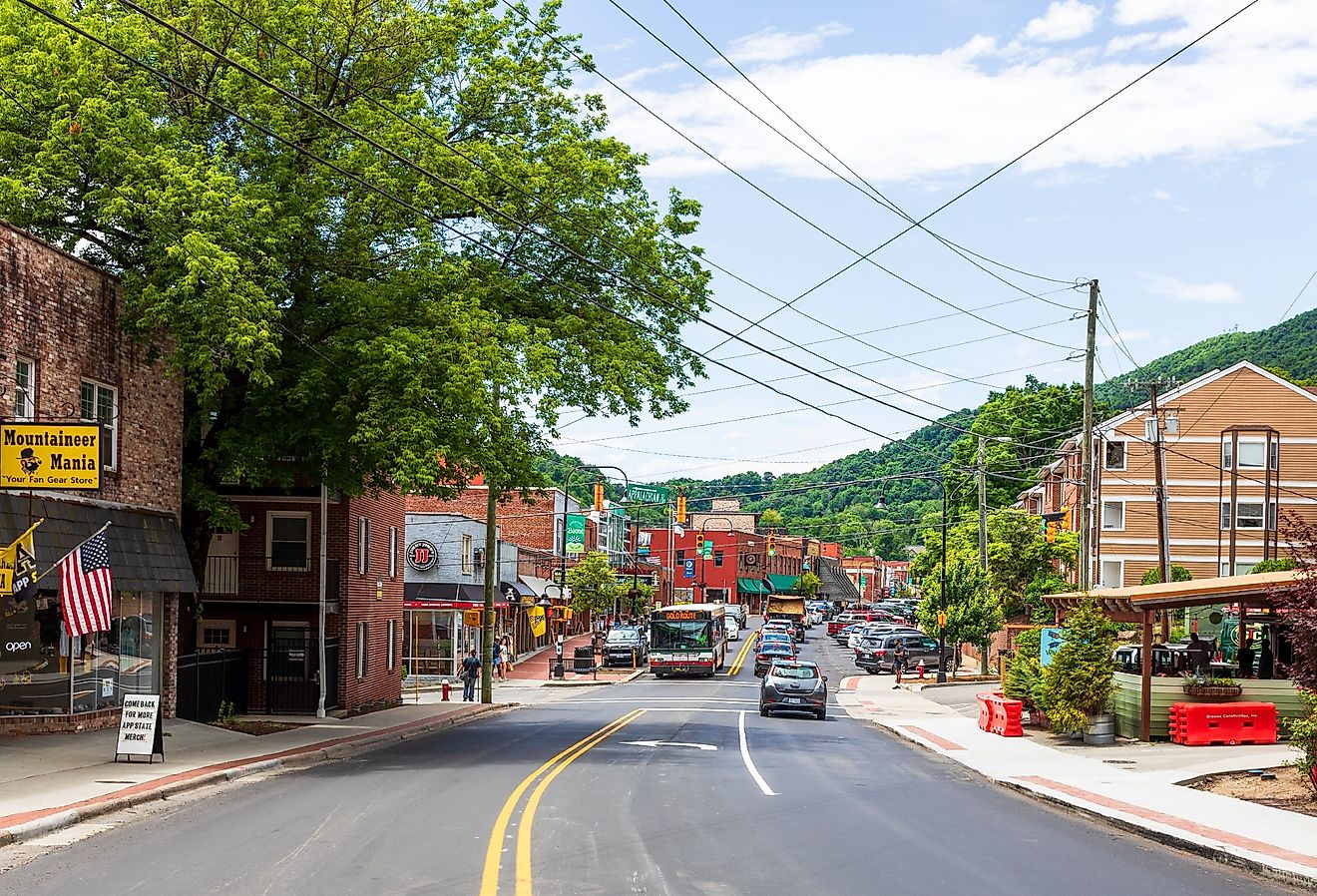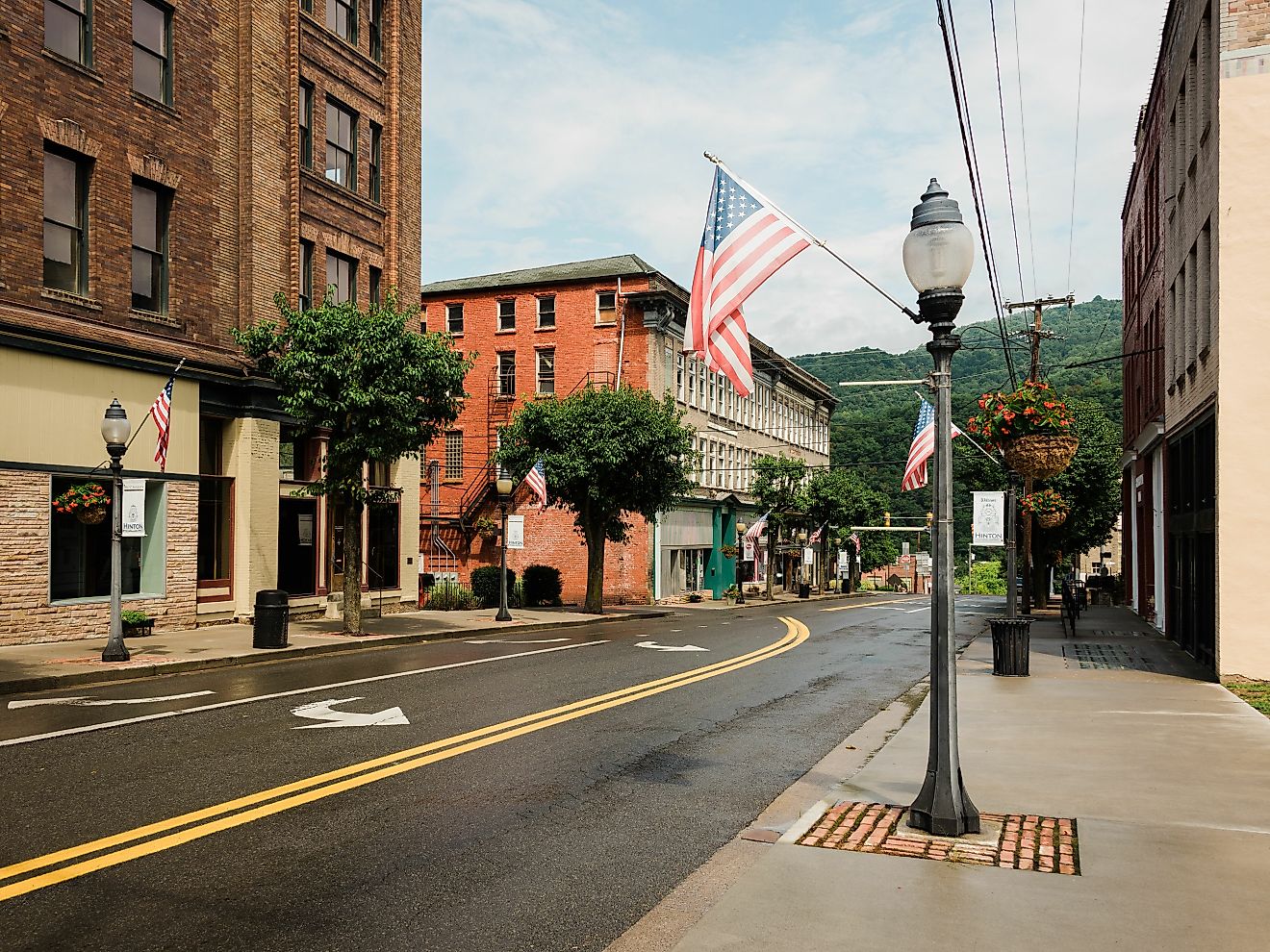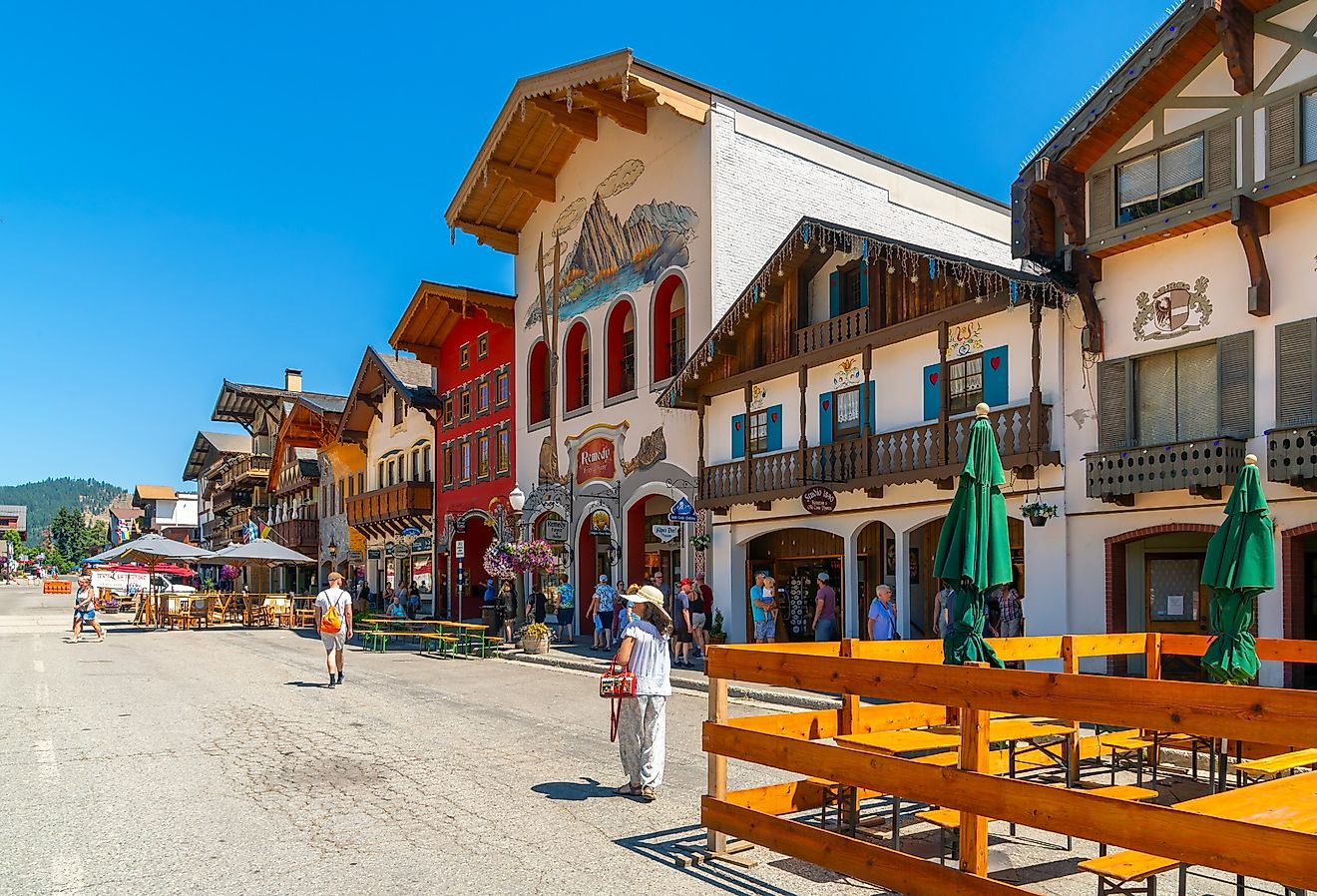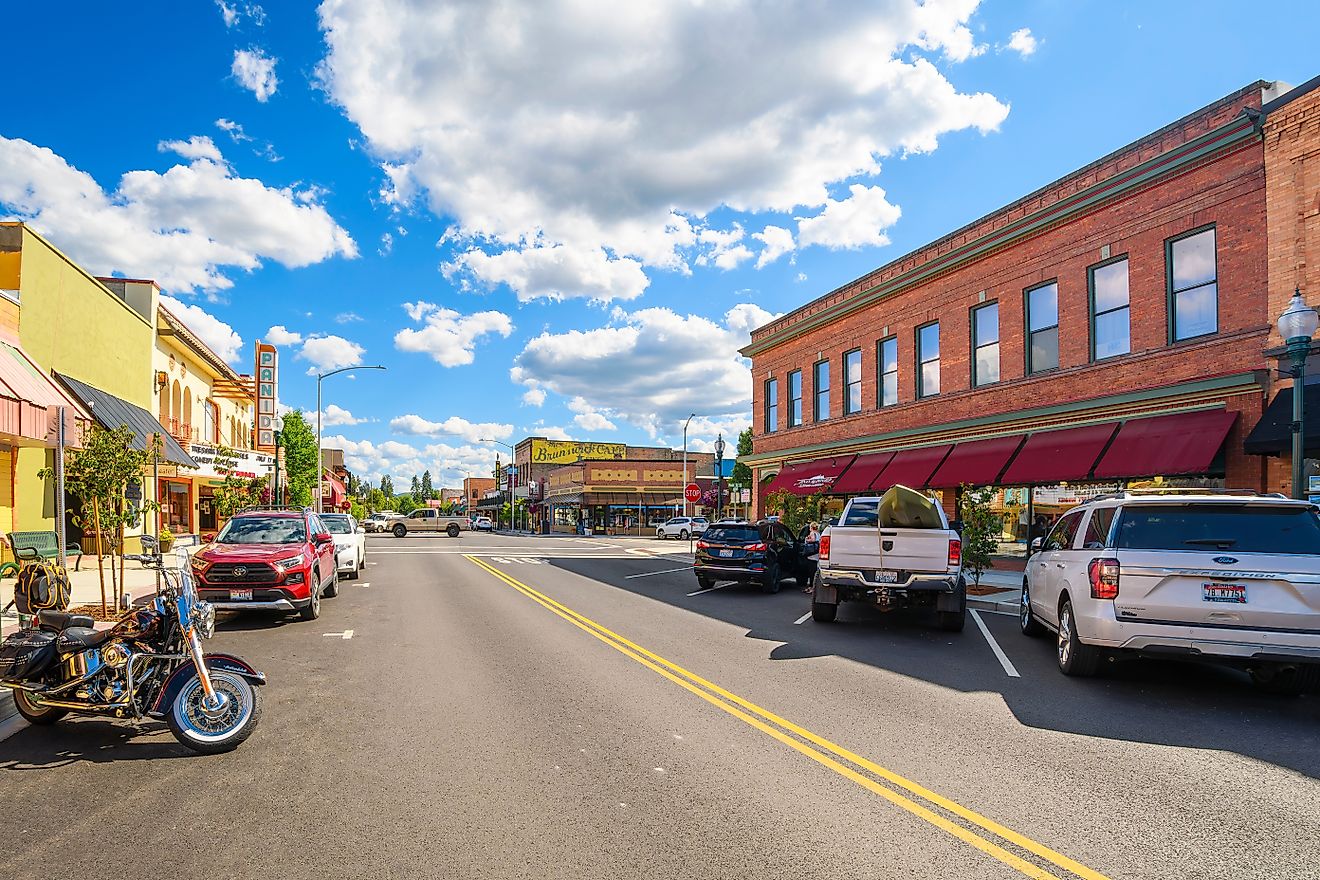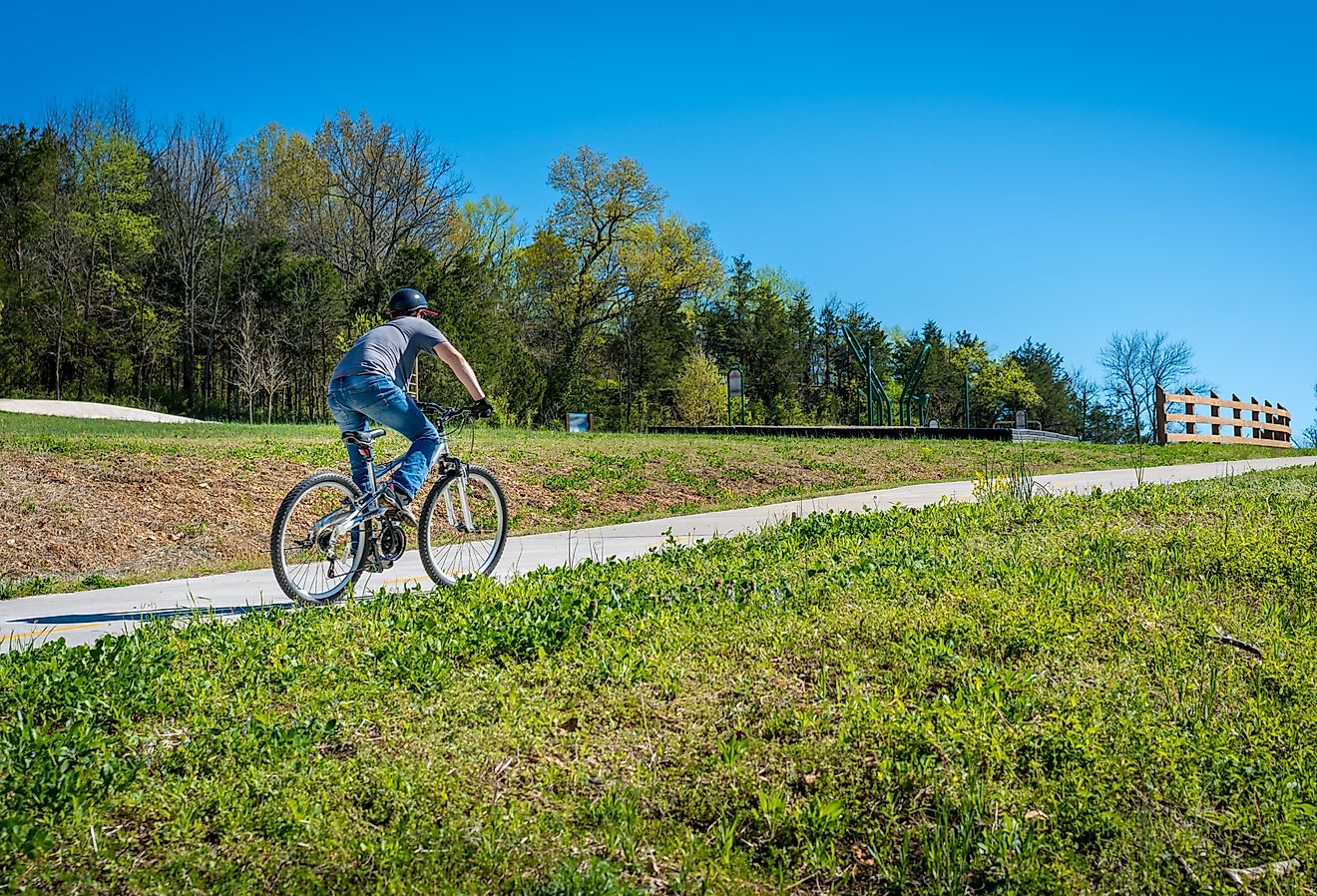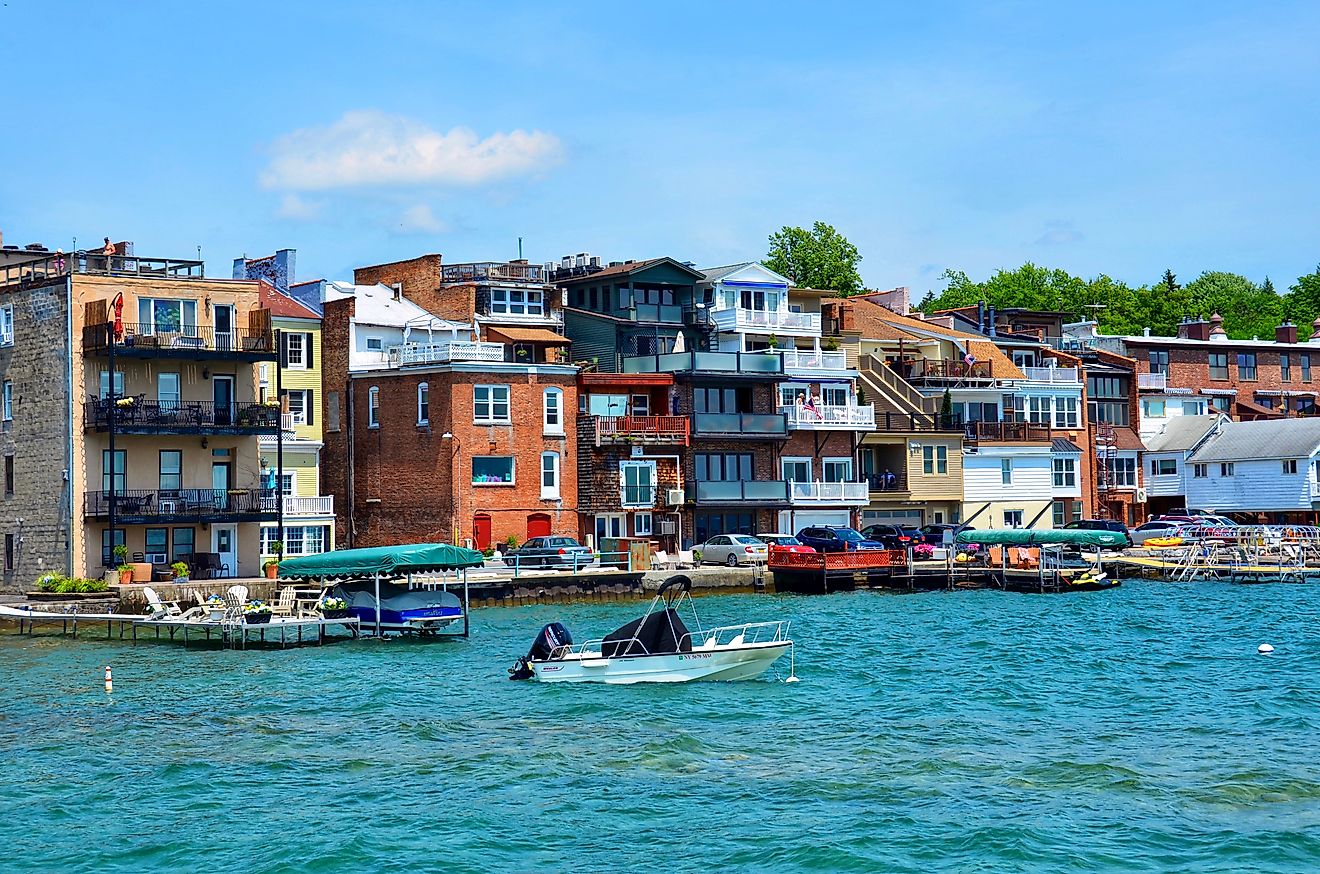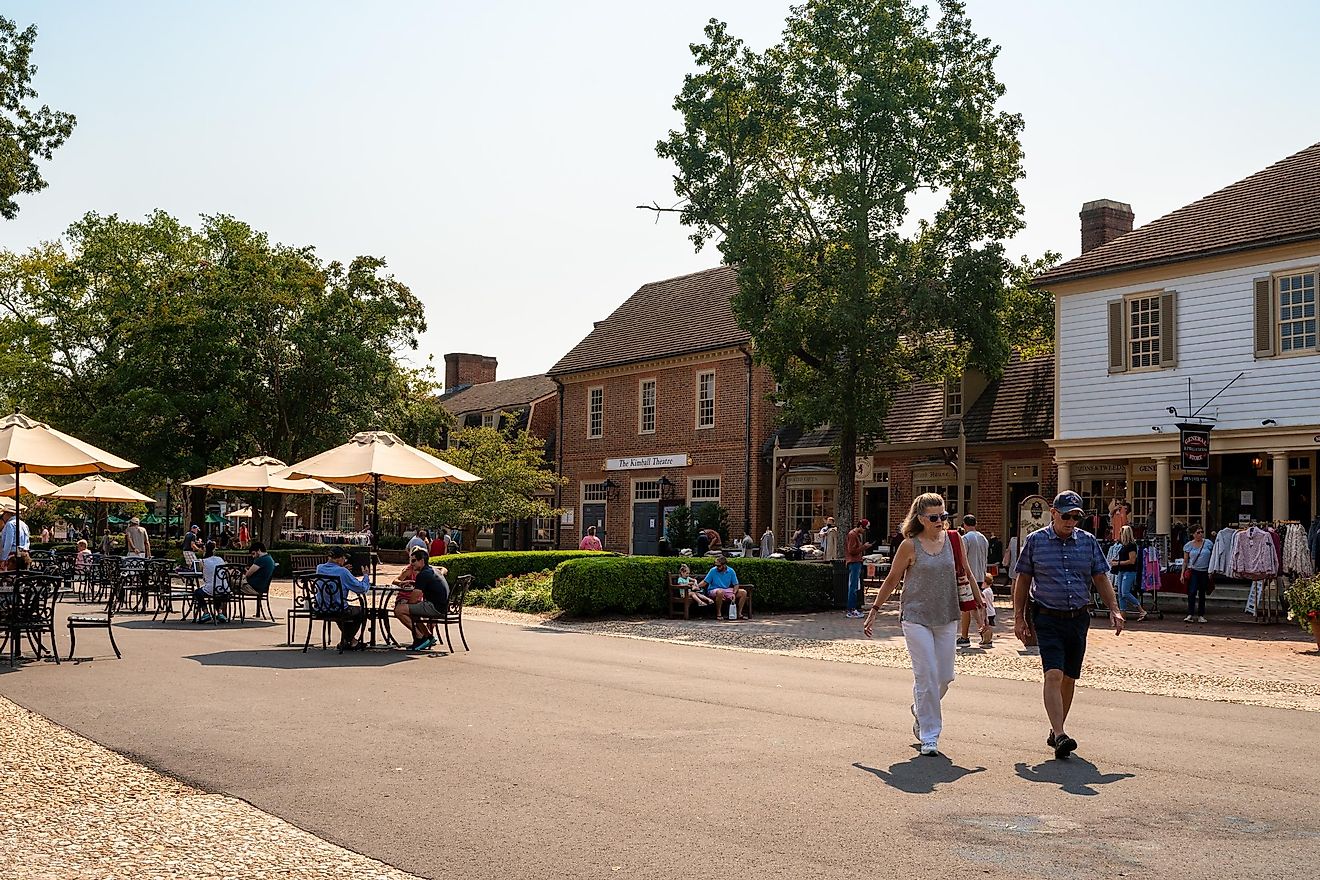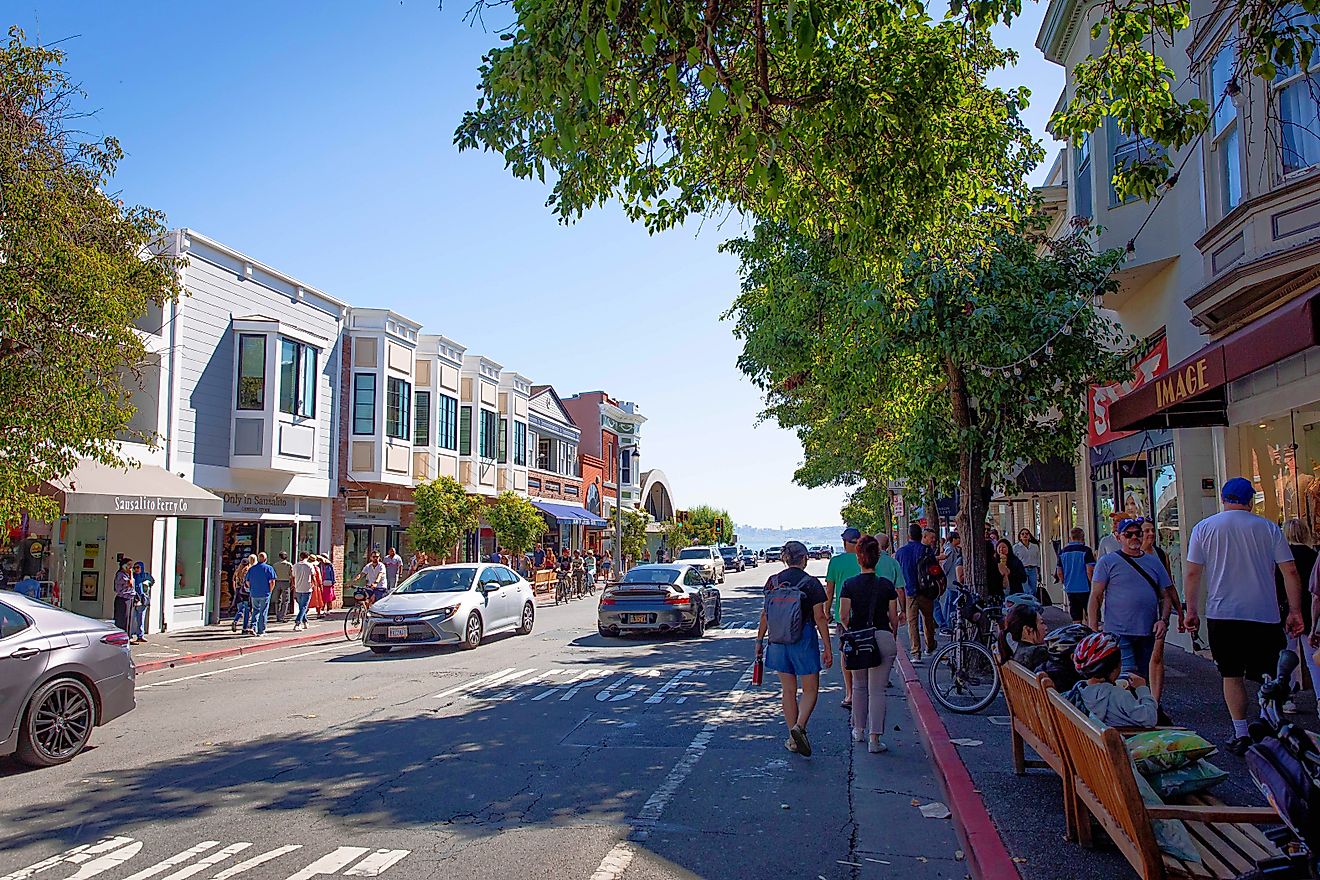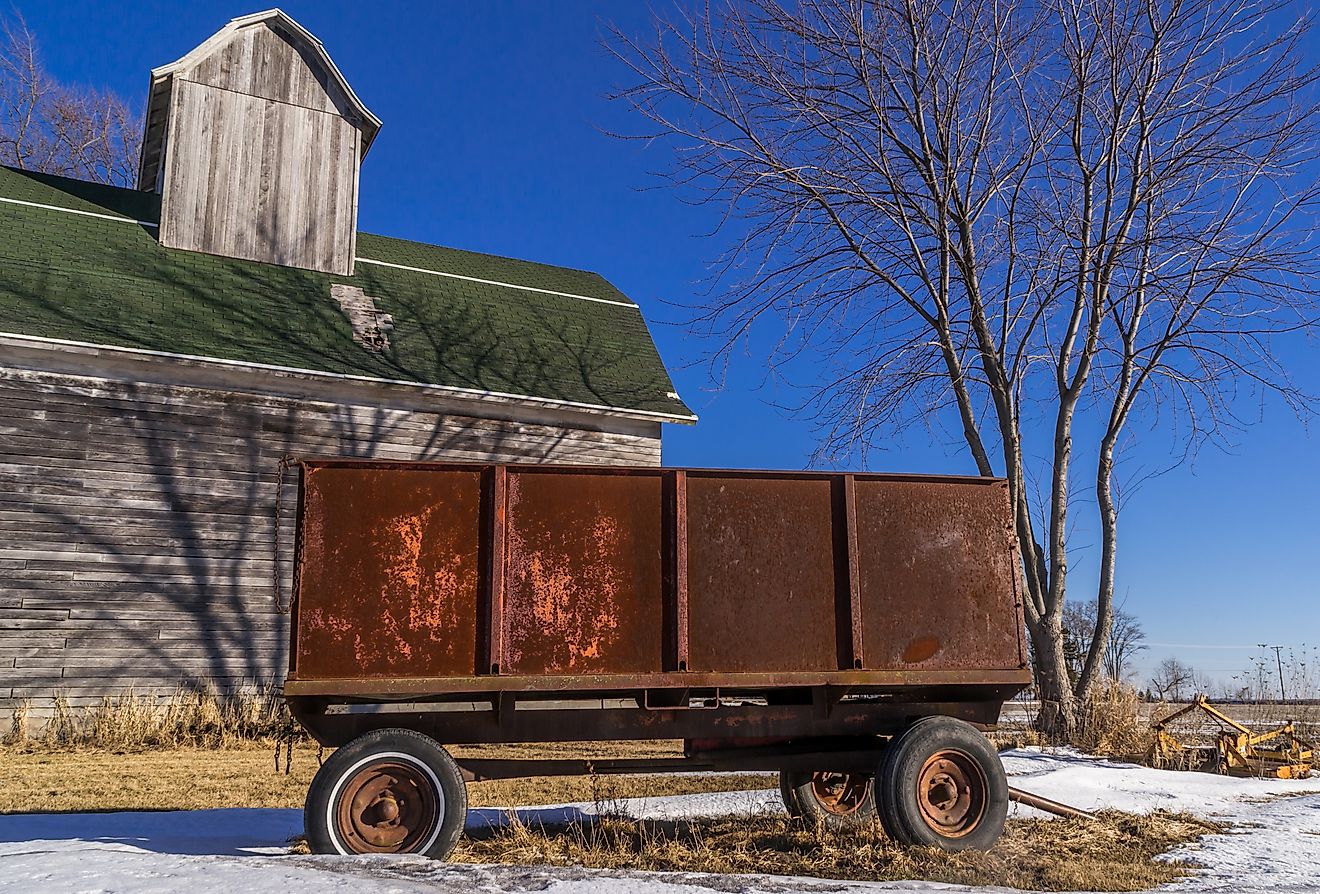
8 Must-See Historic Towns in Oklahoma
Oklahoma is a unique state full of history and natural beauty. This area has hosted humans as far back as 9500 BC and is particularly popular for its Native American history. In the 19th century, the area now known as the US government set aside Oklahoma to host thousands of Native Americans who had been forced out of their homelands across the continent. Today, the state hosts one of the country's largest populations of indigenous people and features many historic attractions spread across its numerous towns. Guthrie, one of the towns in Oklahoma, even flaunts over 2,000 historic buildings, solidifying its stance as one of the oldest in the state, while another town, Stillwater, blends a picturesque seaside scenery with a rich history. Without further ado, here are eight must-see historic towns to visit in Oklahoma today.
Perry
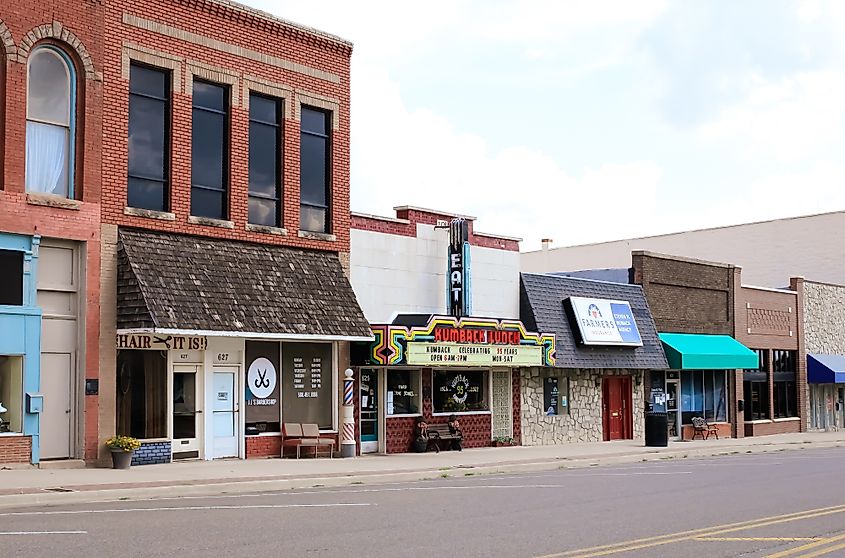
Perry is a historic town in Noble County, formerly known as Wharton. Wharton was the name of a train station built in the area in 1886 and the town was established after some Cherokee natives filed for land around the train station. Visitors to the town today can check out the Cherokee Strip Museum which offers a look into the early days of Oklahoma. Next, visitors can visit the Perry Wrestling Monument Park, which preserves the town's wrestling heritage while highlighting the feats achieved by its sportsmen. Perry is also the seat of Noble County and it is home to the Noble County Courthouse built in 1915 and reflecting Second Renaissance Revival architecture. For those looking to engage fully in the glory of Perry's historic architecture and old-world character, the Courthouse Square Historic District is the perfect place to visit as it houses around 132 buildings erected between 1893 and 1953.
Stillwater

Stillwater is a pretty town with a rich historic undertone. The town was named after a creek renowned for its still nature by early settlers and the official naming was in December 1884 when William L. Couch settled on the banks of the creeks, alongside other settlers known as Boomers. Today, visitors can explore the town’s historic aura by touring some of its attractions listed on the National Register of Historic Places some of which include the Hoke Building (1915), Citizens Bank (1894), and Payne County House (1917). Stillwater is also home to the National Wrestling Hall of Fame, which recognizes individuals who have made outstanding contributions to wrestling. For something different, visitors can head over to Boomer Lake Park to enjoy some hiking, kayaking, and fishing adventures.
Bartlesville

Bartlesville was founded in 1873 by Jacob Bartles from Kansas, who first settled at a natural lake south of the town, where he built several things, including a trading post, post office, and a grist mill. Soon, other settlers were attracted to the area, and with the discovery of oil in 1897, the town grew rapidly. Visitors to Bartlesville today can visit the Bartlesville Area History Museum to learn more about the town's past through artifacts and photography collections. Next, visitors can book an appointment at the Philips Petroleum Company Museum to explore this oil giant's rich history and its role in the industrialization of Bartlesville and surrounding areas. Elsewhere, the 19-story Price Tower sits elegantly in the downtown area and reflects the ingenuity of Frank Lloyd Wright, one of America's finest designers and architects.
Tishomingo
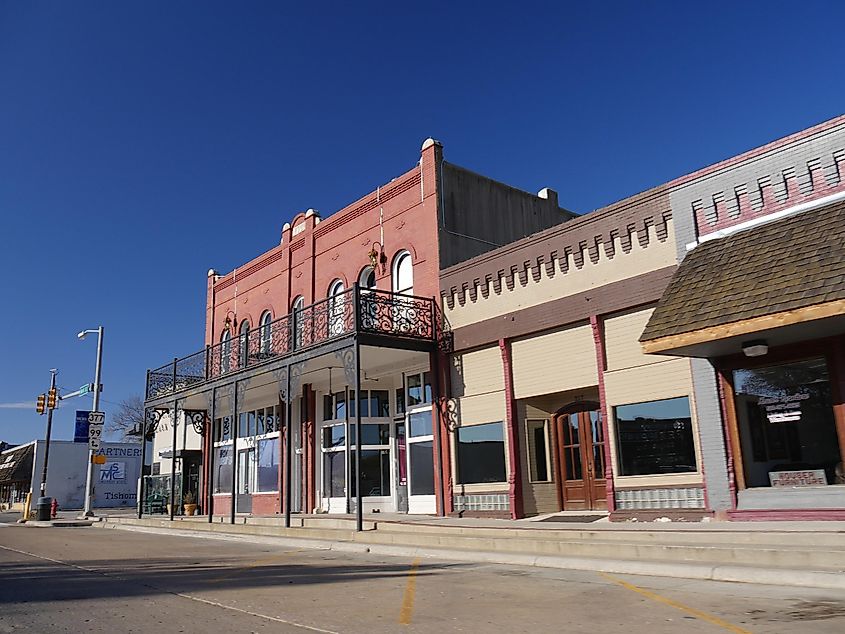
Tishomingo is famous for serving as the capital city of the Chickasaw Nation, Indian Territory, from 1856 to 1907, when Oklahoma became a state. Today, the town is perhaps the best place to learn about the Chickasaw Nation, as it is home to the Chickasaw National Capitol Building, which was built in 1897. It mirrors the town’s rich history as the center of one of the most prominent Indian tribes in the US. There is also a museum within the complex with exhibits reflecting its historic government and county history in artifacts. Next to the capitol is the Chickasaw Council House Museum, which is home to the largest collection of Chickasaw art, artifacts, and archive materials. For something away from the history, visitors can head to Chickasaw National Recreation Area to enjoy some natural scenery and adventures like hiking and boating.
Fort Gibson
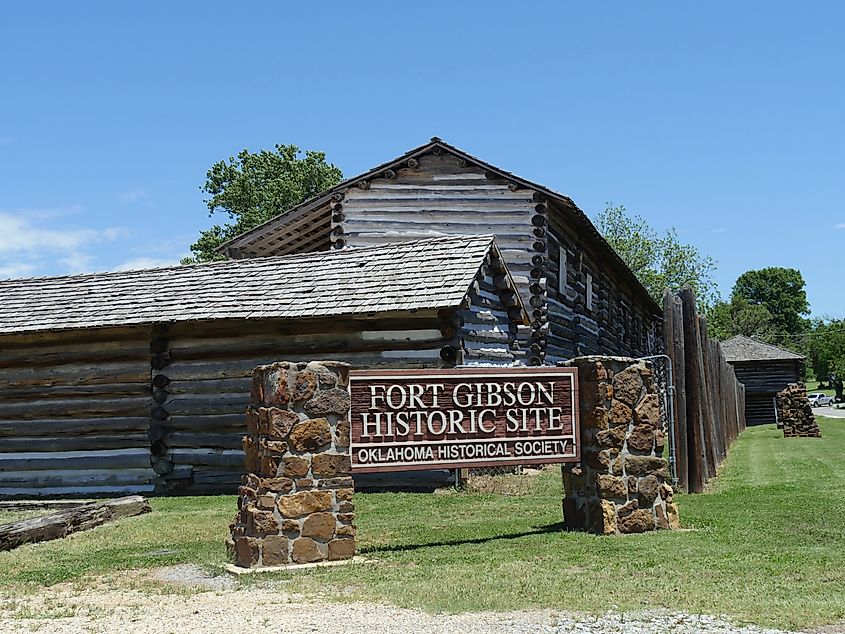
Fort Gibson prides itself as the oldest town in Oklahoma, following its establishment in 1824 as a garrison. The garrison (troops) was created to protect the nation’s southwestern border and to maintain peace between the Cherokee and Osage nations. Due to the stability of the garrison, Europeans and Native Americans began to settle nearby, eventually giving rise to a thriving settlement. Today, the town is home to the 80-acre Fort Gibson National Historic Site, a one-stop destination for everything about the fort's history. This site features a reconstruction of the fort and the stockade, as well as a museum and educational events.
The town is also home to Fort Gibson National Cemetery, which houses graves of soldiers, including other notable men of the region. Before leaving, visitors can spice things up by munching delicious snacks at the Fort Gibson Bakery and Cafe at N. Lee Street and then traveling five miles northwest to Fort Gibson Lake for some adventures.
Pawhuska

Pawhuska is one of the oldest towns in Oklahoma, founded in 1872 for the Osage Nation of the Indian Territory. Today Visitors can find more about the history of America’s first Boy Scout troop alongside that of the town's pioneers, its oil industry boom, and ranching culture at the Osage County Historical Museum. Next, explore the history of cowboys and cowgirls in Osage County at the Ben Johnson Cowboy Museum and tour the Osage Nation Museum, the oldest tribal museum in the US, dedicated to everything about the Osage nation. If there’s still time, visitors can enjoy some time in nature at the Joseph H. Williams Tallgrass Prairie Preserve—the largest protected tract of tallgrass prairie worldwide.
Guthrie

Guthrie started with humble beginnings as a railroad station, but during the 1889 land run, it immediately became a settlement of around 10,000 people, and development kicked off in earnest. The town then developed rapidly into a modern city and became the first capital of Oklahoma Territory in 1907. Today, Guthrie is incredibly historic, with over 2,000 historic buildings in the Guthrie Historic District. Visitors to this district will enjoy views of Victorian architecture and taste life in the 18th and 19th centuries. Take the tour up a notch by visiting the Oklahoma Territorial Museum to see artifacts and exhibits reflecting Guthrie's history as the first state capital. Also, check out the Frontier Drug Museum for artifacts and antiques on early pharmaceutical developments. Afterward, enjoy the most delicious pizza in town at the Blue Belle Pizza Parlor and Saloon.
El Reno

In 1874, the US set up a fort around the Canadian county area for supervision. Subsequently, General Philip Sheridan named it Fort Reno after his friend Jesse Reno, who was killed in one of the battles of the American Civil War. However, the present town of El Reno emerged after the 1889 land run and was named after the nearby Fort. Visitors to El Reno today can visit the fort, which is a few miles from the town, to tour its cemetery, museum, and visitor center and enjoy historic tours. Travelers in El Reno must also visit the Canadian County Historical Museum, home to several pioneer artifacts, railroad and Indian antiques, and Fort Reno exhibits. The museum grounds also feature other historic structures reflecting the iconic past of the town, some of which include the Red Cross Canteen (the first Red Cross Canteen in the United States, built in 1918), El Reno Hotel (built in 1892), and Darlington Jail (built in 1869).
Beyond the plains, mountains, prairies, and lush forests that define the landscapes of Oklahoma, the state is home to a rich history and so many historic attractions worth exploring. These attractions are spread out across the state, especially in these towns where time seems to move so slowly. A visit to these towns promises memorable historic excursions and experiences of life in bygone eras.
